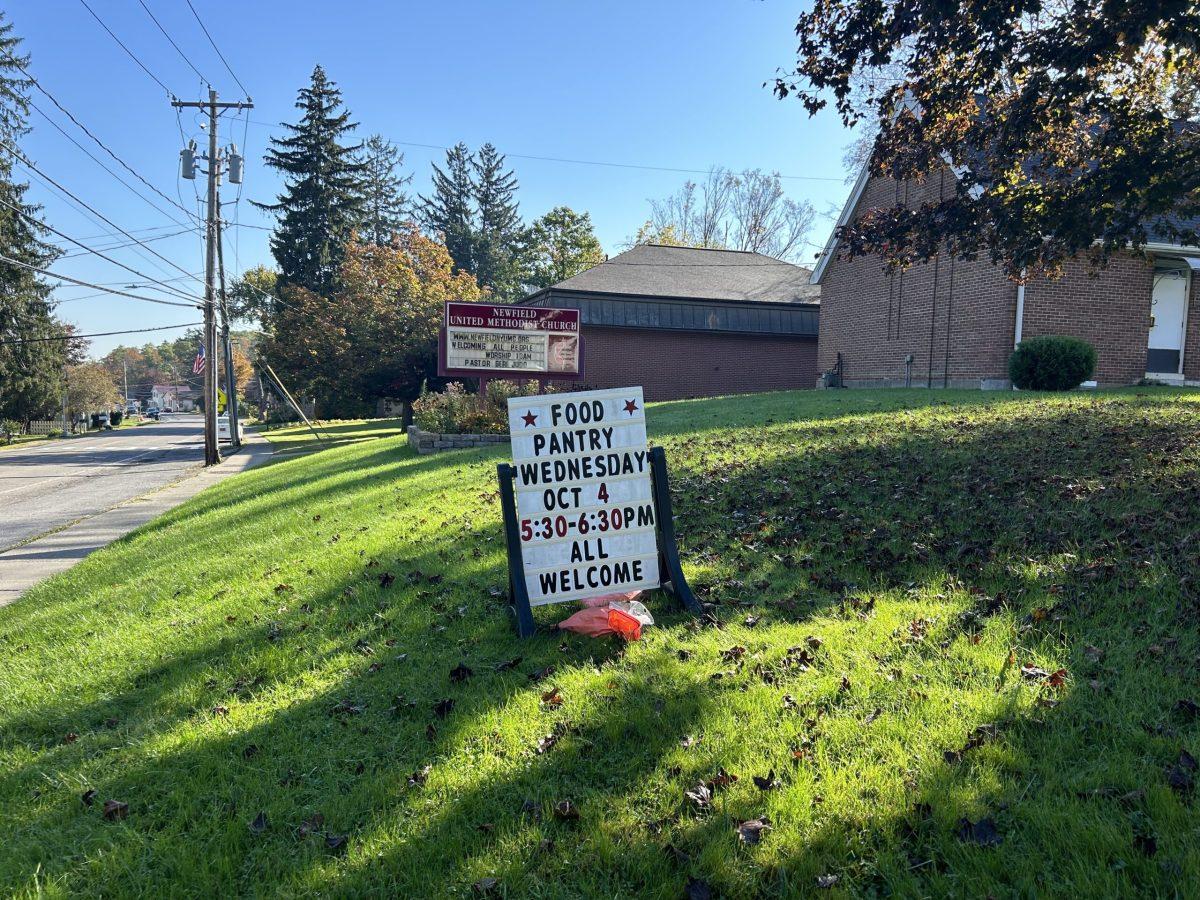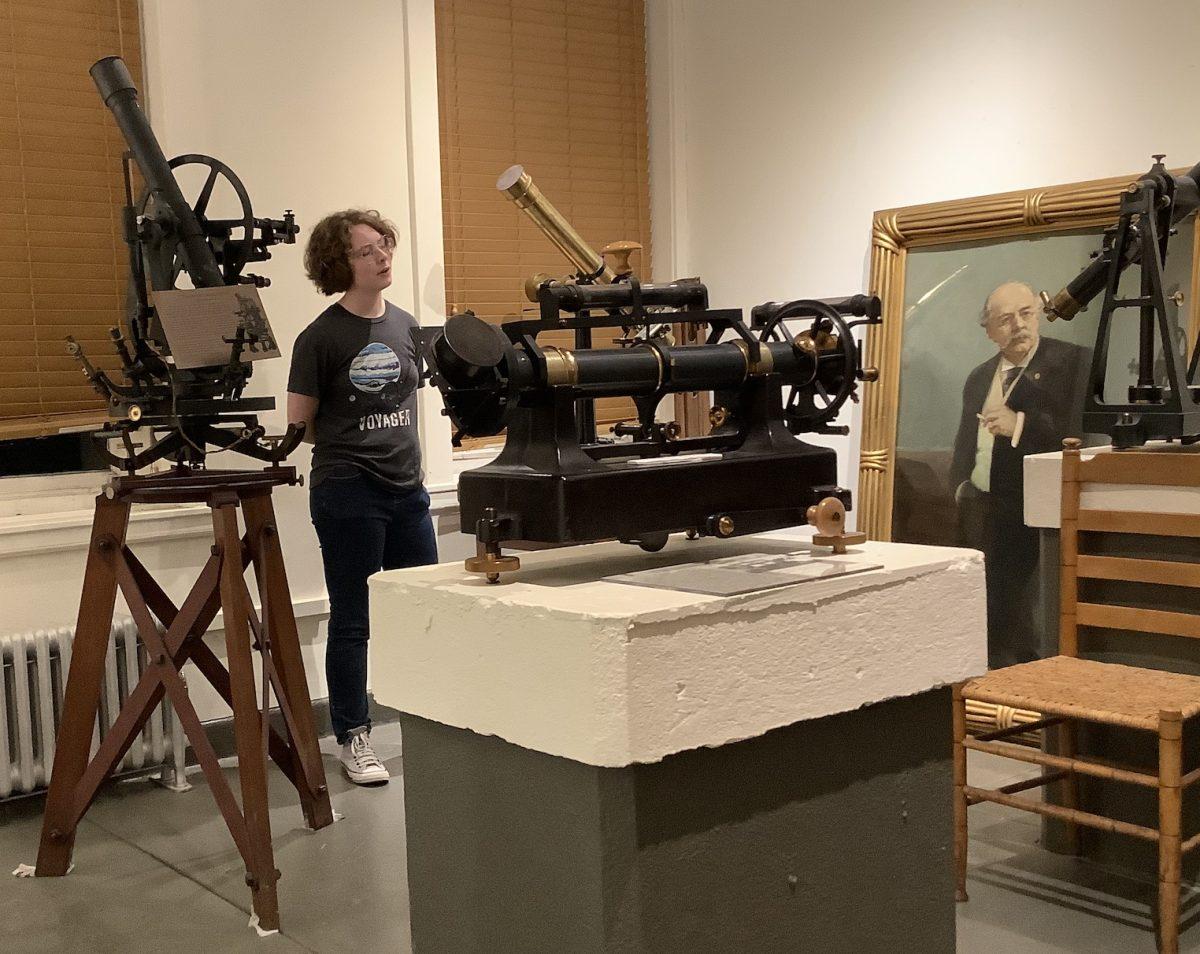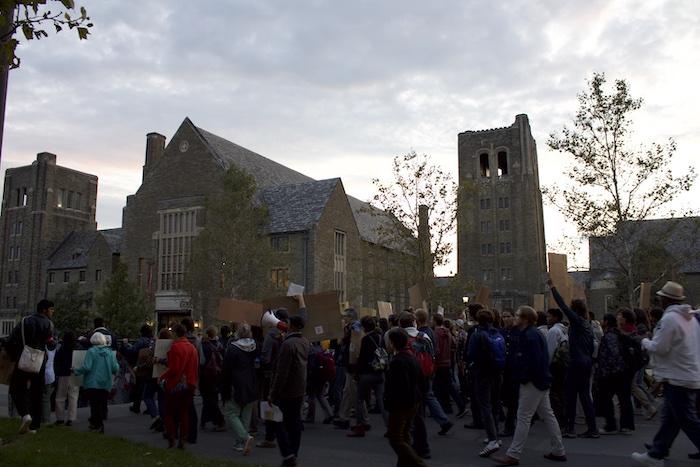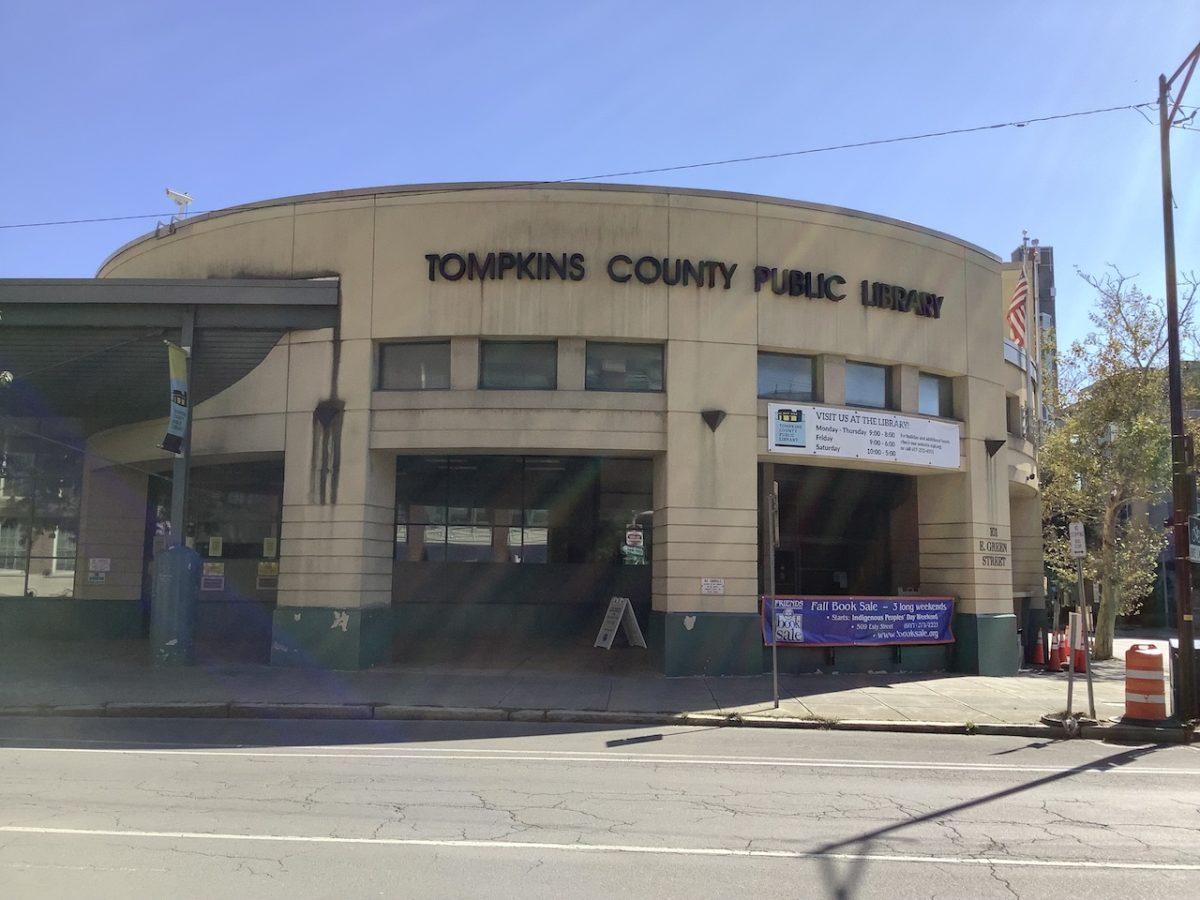In the aftermath of the disaster at the 2011 Fukushima Daiichi Nuclear Power Plant that left 19,000 missing or dead, Kiyoshi Kurokawa was leading the independent unit that investigated the accident and the Japanese government’s role in preventing it.
Five years after serving on the Fukushima Nuclear Accident Independent Investigation Commission, he says the Japanese government is still being secretive about its nuclear energy policy in an effort to compete with other world powers.
“The Japanese government has to be more open, transparent in sharing their experience with the rest of the world so that at least if something happens, the next accident somewhere, at least we have some idea, what kind of thing could we have done,” Kurokawa said.
Kurokawa, now a professor at the National Graduate Institute for Policy Studies in Japan, joined a panel discussion at Cornell University on March 11, the five-year anniversary of the Fukushima accident, to discuss its continued repercussions and implications for the future.
In a panel titled “Five Years After Fukushima,” three experts gathered in Klarman Auditorium to discuss lessons learned from three major nuclear disasters: Three Mile Island in 1979, Chernobyl in 1986, and Fukushima in 2011.
Hirokazu Miyazaki, director of Cornell’s Mario Einaudi Center for International Studies and moderator of the panel, dedicated the discussion to the late Cornell President Elizabeth Garrett, who died of colon cancer March 6.
“Today’s event reminds me of her spirit and encouragement to tackle global sustainability issues … and to be radical,” he said.
The most prominent lesson that Kurokawa alludes to is holding the government accountable for keeping its citizens safe in the midst of expanding nuclear power plants, with 60 under construction in 15 countries worldwide.
Panelist Charles Perrow, professor emeritus of sociology at Yale University and one of the three panelists, attributed Japan’s pursuance of nuclear policy to one large factor: money.
Nuclear power plants generate plutonium, a valuable resource for nuclear weapons, Perrow said. In addition, he said large corporations do not want to see wind and solar energy surge ahead of nuclear energy because those two sectors are not centralized under big corporate control.
He also addressed the issue that Japan’s State Secrecy Law allows the government to send any journalists who divulge information about Fukushima to prison.
Not only are journalists hushed, but Varun Hedge, a Cornell senior and president of the International Affairs Society, said he thinks the public also tends to write off nuclear disasters quickly.
“What matters is that we see nuclear disasters occur, as a public body, and then we subsequently ignore them very rapidly, much like a school shooting,” he said. “It makes public news, public press, for a month tops and then snap, poof, it’s gone.”
He said people seem to remember financial crises long after they occur, unlike nuclear disasters.
“People still talk about risky mortgages and irresponsible lending behavior and things like that, but nobody talks about Fukushima quite as much as that, despite the fact that the consequences, I think, could be similarly resounding,” he said.
Panelist Sonja Schmid, a member of the Nuclear Science and Engineering Laboratory at the Virginia Tech Research Center in Arlington, said people also tend to focus on too narrow a context and time period preceding an accident.
“There is a longer historical, political, economic and cultural history leading up to these disasters that we need to understand better to hopefully prevent these disasters, or at least respond to them more effectively in the future,” she said.
Among these factors is, in large part, the government, which she said has a responsibility to conduct nuclear operations in a transparent and democratic way.
“The question of nuclear becomes a question of democracy and, ultimately, a question of government,” she said.
With the government’s denial of the reported dangers of nuclear accidents, such as cancers that develop from exposure to radioactive material, Perrow said the effects of disasters like Fukushima extend to the present day.
“The Fukushima accident is not over,” he said. “Not by any means.”












